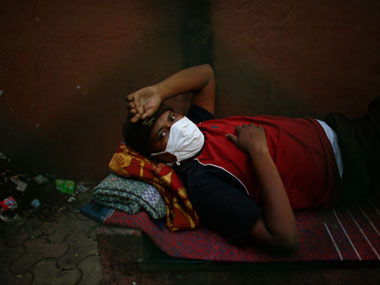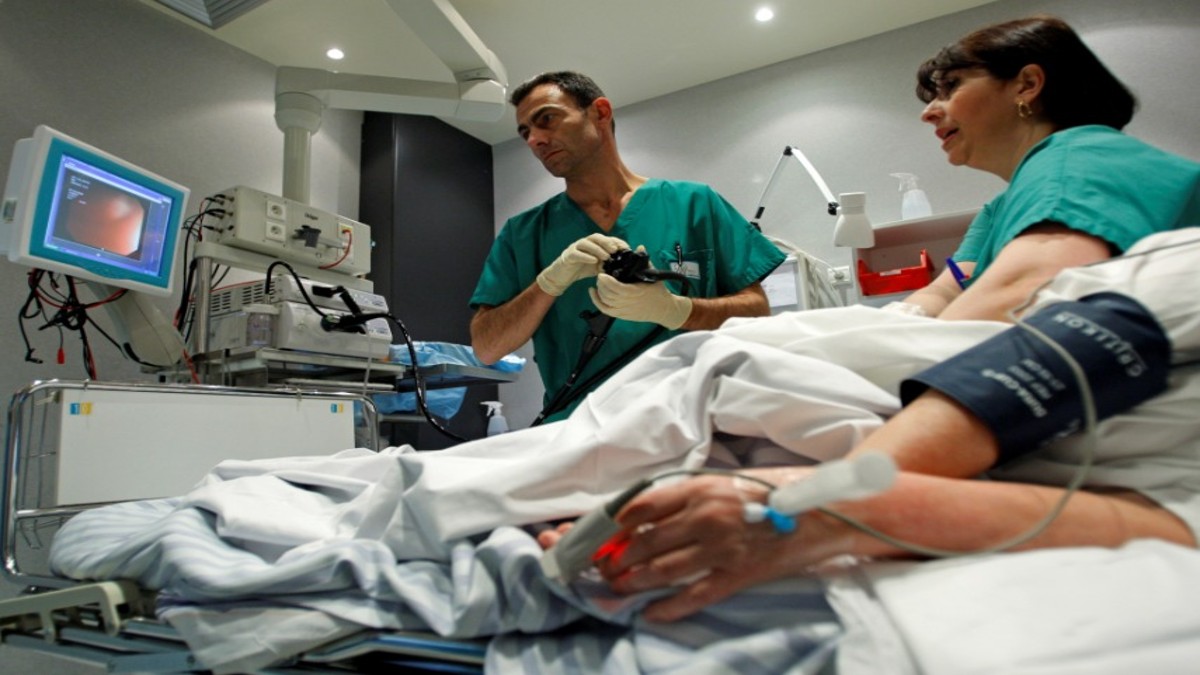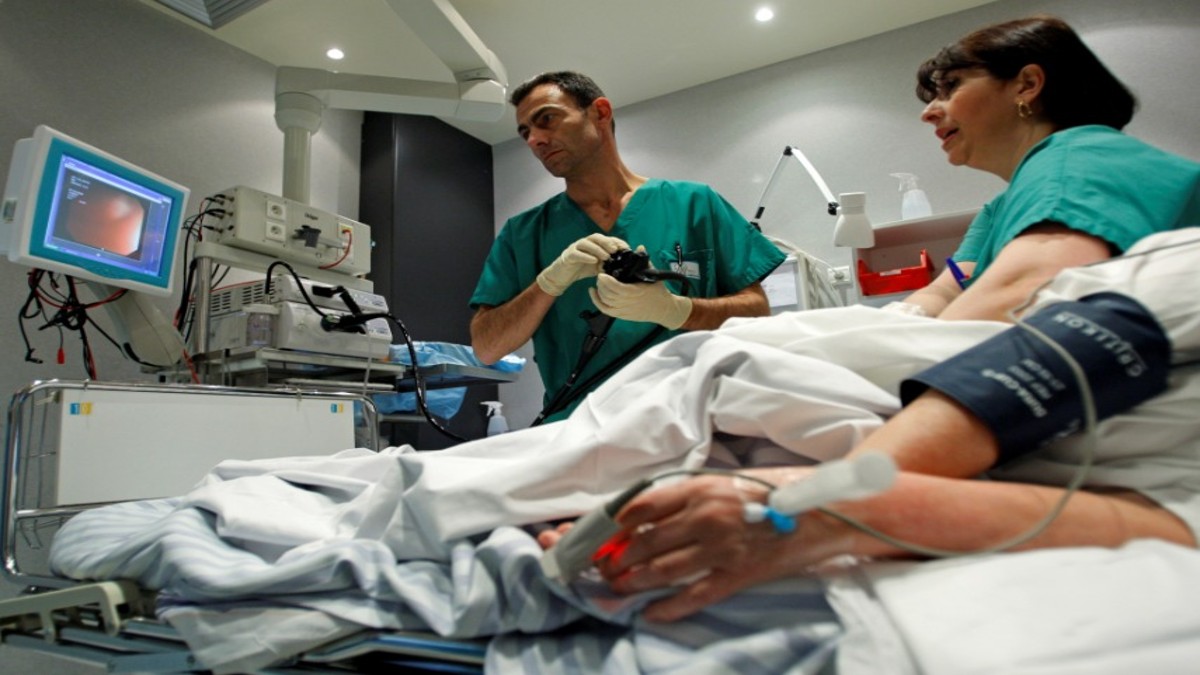By Pankaj Kumar
Last year, over a million people in India were diagnosed with cancer. In the next 10 years, this number is expected to increase five times. The situation is not just alarming but frightening. As the world on Thursday observes Cancer Day, India needs to observe the consequences of this disease more closely.
India has never had a bright history in tackling the situation, with challenges being numerous. One major problem that has come to the fore in the recent past is severe lack of oncologists – specialist doctors who treat cancer. As per various reports, the number of trained oncologists in India is just 1,000. And they are expected to treat over a million new patients every year. This is a worse ratio than what is often seen between tutors and pupils in the worst of primary schools in India.
But a bigger worry is the expense of treatment. About four years ago, cancer usually meant a slow death, coupled with a vain fight, for the common man. It was largely because of the exorbitant costs of medicines. It was then that the government invoked compulsory licensing – a practice wherein a government authorises a party, other than the patent owner, to produce the patented product or process without the patent owner’s consent. The reproduced product or process is called as the generic version. The necessity of creating such a generic version deemed necessary when a drug named Sorafenib (developed and marketed jointly by multinational giant Bayer and Onyx Pharmaceuticals under brand name ‘Nexavar’), carried a tag price of Rs 2.84 lakhs for a monthly dose. But after government’s intervention, the rate plunged down to Rs 8,800.
This brave step taken by the government, that defied international protocol of intellectual property rights, was actually triggered by a domestic pharmaceutical. Here is the story in short: Natco Pharma, a young start-up, had first approached Bayer requesting to permit manufacture of Sorafenib’s generic version. Natco told Bayer that it would pay the royalty and bring down the price tag making the medicine affordable for patients. Bayer, however, declined the proposal. But it was Natco which was playing the right moves. In 2011, Natco approached the health ministry with the proposal to manufacture the generic version. It told the ministry that the version was necessary as per the Indian Patents Act, Bayer should have started manufacturing the drug in India within three years of getting the licence, but it was instead importing the medicine and selling in India. Moreover, Bayer was selling Nexavar at an exorbitantly price calling for all the more reasons to invoke compulsory licensing. Convinced, the combined effort of political leaders and bureaucrats in the ministries of health, chemicals and fertilisers, and commerce and industry, brought down the cost of the drug.
Yet, all was not well. There are still many drugs, essential in the diagnosis of different forms of cancer, which do not have their respective cheaper generic versions. In fact, as of now, the government has no plans of invoking compulsory licensing for other life savings drugs. Already under pressure from the International Court of Justice, India has turned a blind eye to its once brave act of granting permission to a domestic pharmaceutical to manufacture drugs patented by a foreign firm. For consolation, the government right now is just ‘thinking’ of carrying out compulsory licensing for anti-diabetes drugs. CM Gulati, editor of medical journal Monthly Index of Medical Specialities, says, “Government cannot give compulsory licenses to many other medicines because of intellectual property rights. There, however, is no rule that the government cannot control the price of medicines for its own citizens. Even if the cost of a medicine is high, the government can set its maximum retail price.”
Adding to the already aggravated environment, are private hospitals which make outrageous profits on anti-cancer drugs. And no! It is not just the illiterate or the ones belonging to economically weaker sections of the society who become the victims, but even qualified doctors fall in the trap of hospitals. Sample this: a year ago, Arun Kumar, a doctor himself, was diagnosed with rectal cancer. He was told that the cost of doses of Avastin and Erbitux – the antidotes – was over a lakh. Initially Kumar did not pay much attention but later got to know that the actual cost of the medicines was only Rs 60,000. Shocked with unethical practices adopted by renowned hospitals, Kumar filed an RTI to find out the extent of the scam. He, however, did not get sufficient replies from concerned authorities that tried their best in scuttling his queries.
Anshuman, an oncosurgeon, has closely seen this aberrant practice of well-known hospitals. Unwilling to accept the grave anomaly in the costs of vital medicines, Anshuman quit his plush jobs at one of such ‘five-star’ hospitals. There are 900 drugs sold in India. Out of them, 350 are included in the national list of essential medicines (NLEM). However, many of them are not commonly found at medical stores. “In 2002, serious concerns were shown to control the price of the 900 medicines by the government, by including all of them under NLEM. But later, strange calculations – taking the mean cost of top three brands – were made by the government to set the sale price of the 350 drugs under NLEM.
Already India lacks any positive figures to boast to the world about health services it provides to its citizens. The country’s health budget was reduced from Rs 37,000 crore (last financial year) to Rs 33,000 crore in the current one. Moreover, the amount is just over one percent of the country’s GDP, way less than what other developing and developed countries spend in the health sector. With two persons being hit by cancer every minute in India, the government would need to do much more than just acknowledge Cancer Day.


)




)
)
)
)
)
)
)
)